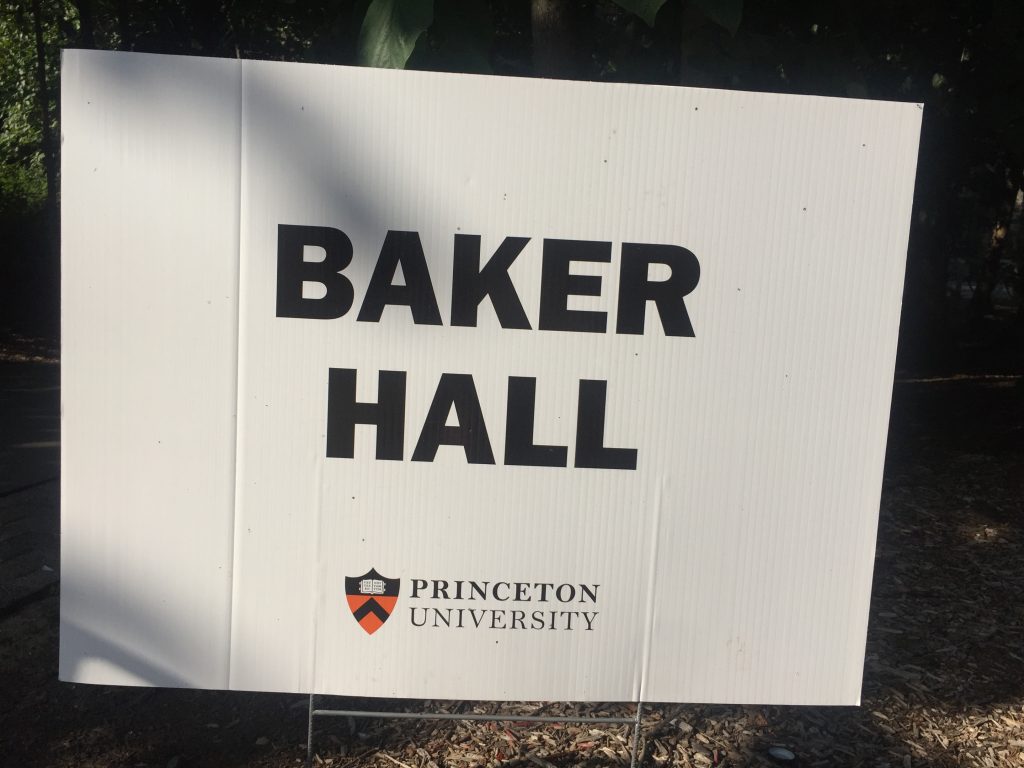If you want to boost your earning potential, switch industries, or sharpen your entrepreneurial skills, a master’s of business administration, or “MBA,” can help you do just that.

But MBAs don’t come cheap. Data from the National Center of Education Statistics show that more than half of MBA students take on student debt to finance their degree. The average student loan balance for graduates was $66,300 in 2016 — a number that has continued to increase, according to more recent reports.
MBA holders are also among the nation’s top earners. However, not every MBA grad commands a six-figure salary. Earnings fluctuate depending on your location and the industry you work in, which means the difficulty of paying off tens of thousands of dollars of debt will also vary.
Here’s what you should know about MBAs and student debt.
How Much Do MBAs Cost?
Applications to MBA programs increased in 2020, partly due to the pandemic recession. But that’s a reversal of what’s happened in the past several years, where applications have slowed as the high cost of business school, coupled with doubts about the value of an MBA, among other factors, drove some applicants away.
Stacey Koprince, lead of content and curriculum at Manhattan Prep, a test preparation agency, says that one of the reasons why business school is so expensive is because of the people teaching the courses.
“If you want to have professors who are not just academics, but who are actually in the business world themselves, then you’re gonna have to pay the kinds of salaries that they could be making if they were out running a business themselves,” Koprince says.
Business schools also spend large amounts on resources to help students with career placement, says Barbara Coward, a consultant at MBA 360 Admissions. That includes networking summits (sometimes out of town), seminars and individual counselors — all of which are rolled up into the programs’ overall cost.
So, how much does it cost to get an MBA? Here’s the average cost of tuition and fees for full-time residential programs by residency status, according to data provided by the Association to Advance Collegiate Schools of Business (AACSB):
- Resident students: $41,793
- Nonresident students: $52,696
But tuition and fees are just the tip of the iceberg. The cost of relocation, books, supplies, and other miscellaneous expenses can set you back several thousand dollars more. MORE
